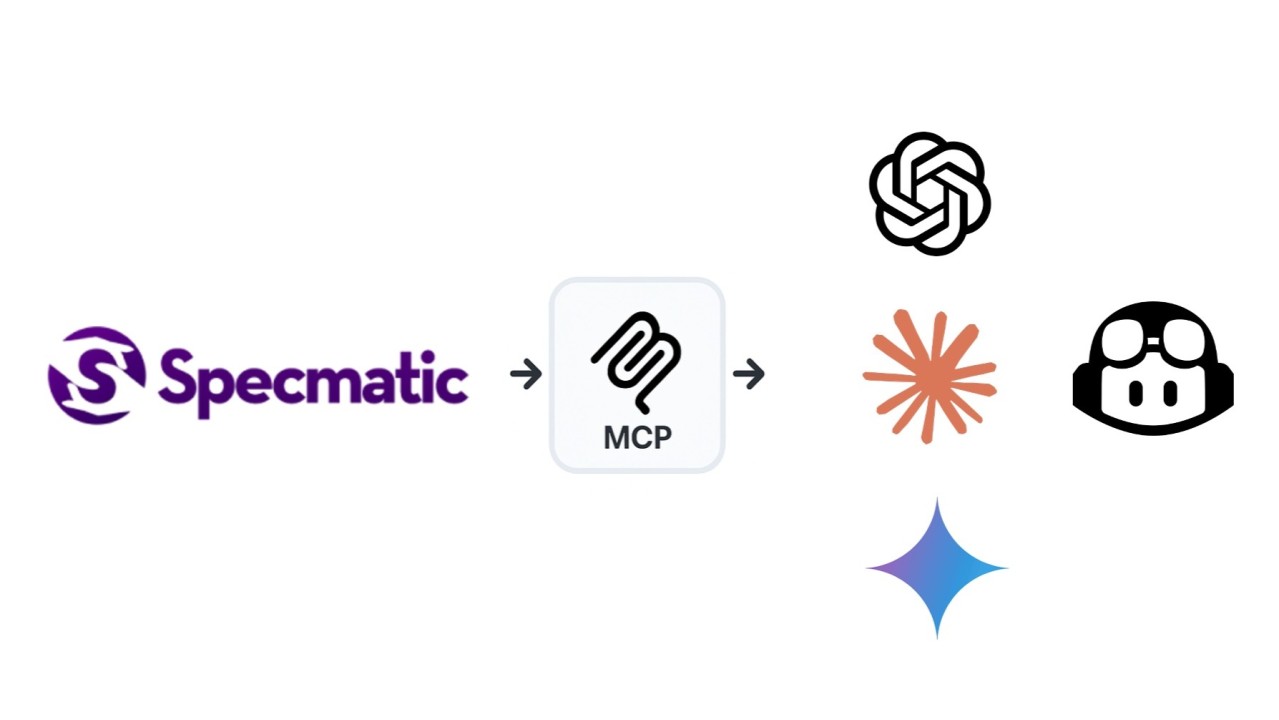on
Guardrails for API Development: Guiding Coding Agents with Specmatic MCP

Logos are property of their respective owners
This is a summary of the article originally published on LinkedIn.
Using API specs like OpenAPI to guide coding agents sounds great. But in agentic mode, these agents build and test on their own — so how do we make sure the code they generate actually stays aligned with the spec? And how do we do this without losing the speed advantage that makes coding agents valuable in the first place?
Key Takeaways
-
Coding agents accelerate API development — Tools like Claude Code, Codex CLI, and GitHub Copilot can generate API implementations and clients directly from OpenAPI specs, dramatically speeding up development workflows.
-
Agentic mode creates a feedback timing problem — When agents build and test autonomously, human feedback arrives too late and too slowly, canceling out the speed advantage and allowing drift from specifications.
-
Self-testing creates circular reasoning — Asking agents to generate their own tests risks inconsistent validation where tests confirm the implementation rather than validating against independent requirements.
-
External guardrails provide the solution — Tools like Specmatic MCP create tight feedback loops using contract tests, resiliency tests, and spec-driven mocks, ensuring code stays aligned with API specs from the very beginning without slowing down development.
Read the full article on LinkedIn →
Originally published on LinkedIn on September 2, 2025